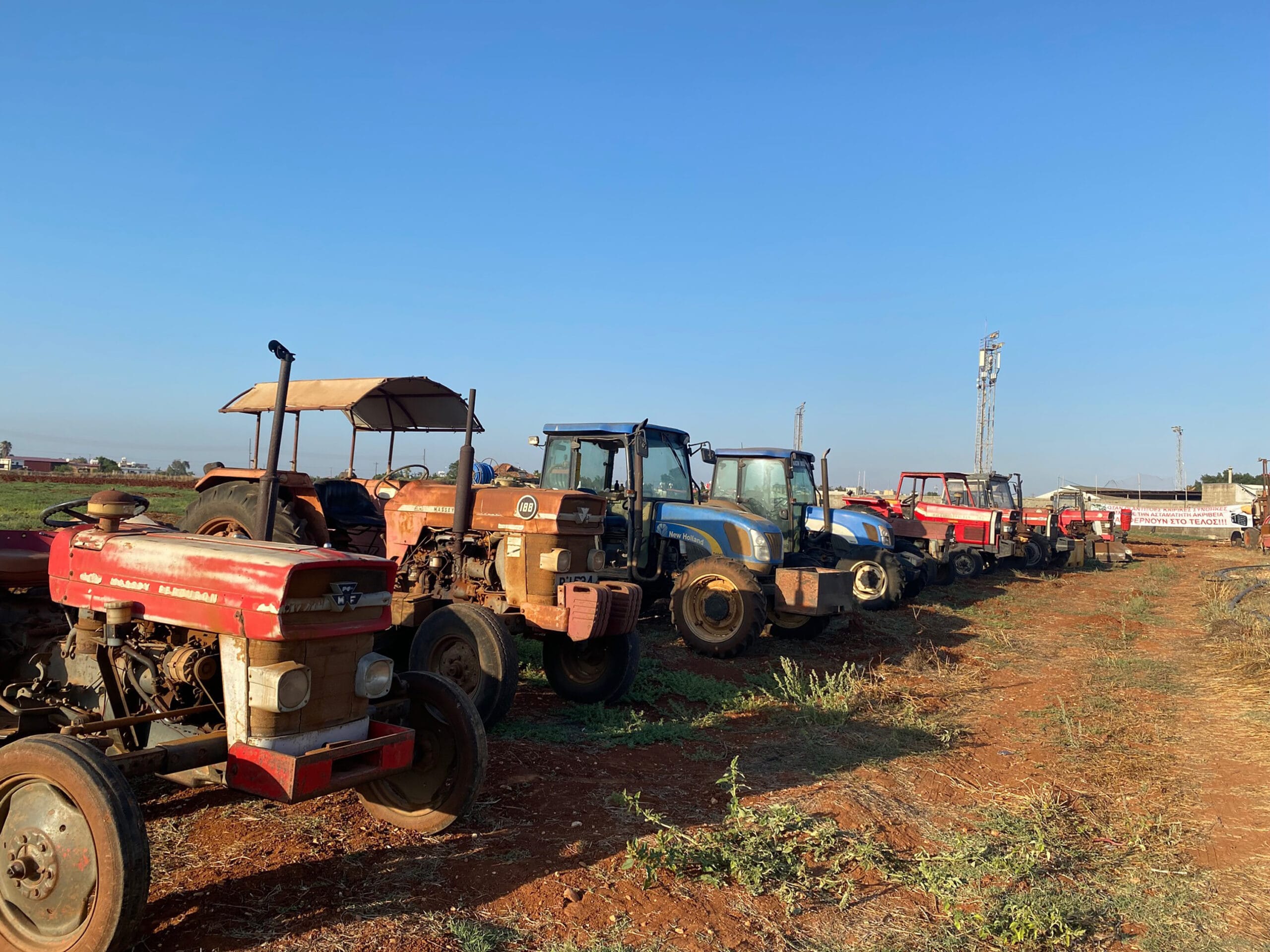Debate Heats Up Over Compensation for Farmers Using Non-Compliant Fertiliser
In a recent parliamentary session, opposition MPs voiced their concerns over the plight of approximately 15 farmers who face a lack of compensation due to the use of non-compliant waste material as fertiliser. Despite calls for remediation, Agriculture Minister Maria Panayiotou stood firm on her position, guided by a legal opinion from the attorney-general that clearly delineates compensation criteria.
According to the attorney-general’s interpretation, only those farmers who utilised compost meeting specific standards are eligible for compensation or subsidies from the EU. The legal stance holds regardless of whether the compost provider was licensed. This has sparked a debate, with members of the Akel party highlighting the predicament of farmers who purchased substandard compost from a company that, despite lacking a permit, appeared as an approved seller on the agricultural ministry’s website.
Akel’s Yiannakis Gavriel has called for a political intervention to untangle this issue, while Disy MP Charalambos Pazaros echoed the sentiment, urging the minister to explore alternative avenues to secure the €250,000 needed for the affected farmers. The Greens’ Charalambos Theopemptou pointed out that the root of the problem lies in the lack of a clear definition and framework for compost production in the permitting process.
Amidst the criticism, Minister Panayiotou acknowledged the mistake of listing unlicensed companies on the ministry’s website but remained resolute against contravening the law. Her response to demands for action beyond legal boundaries was unequivocal: “If you ask me to break the law, the answer is no. If someone asks me to act above the law, the answer is still no.”
The ongoing discussion underscores the complexities of agricultural regulations and the need for clarity and fairness in supporting farmers while adhering to legal and environmental standards.






